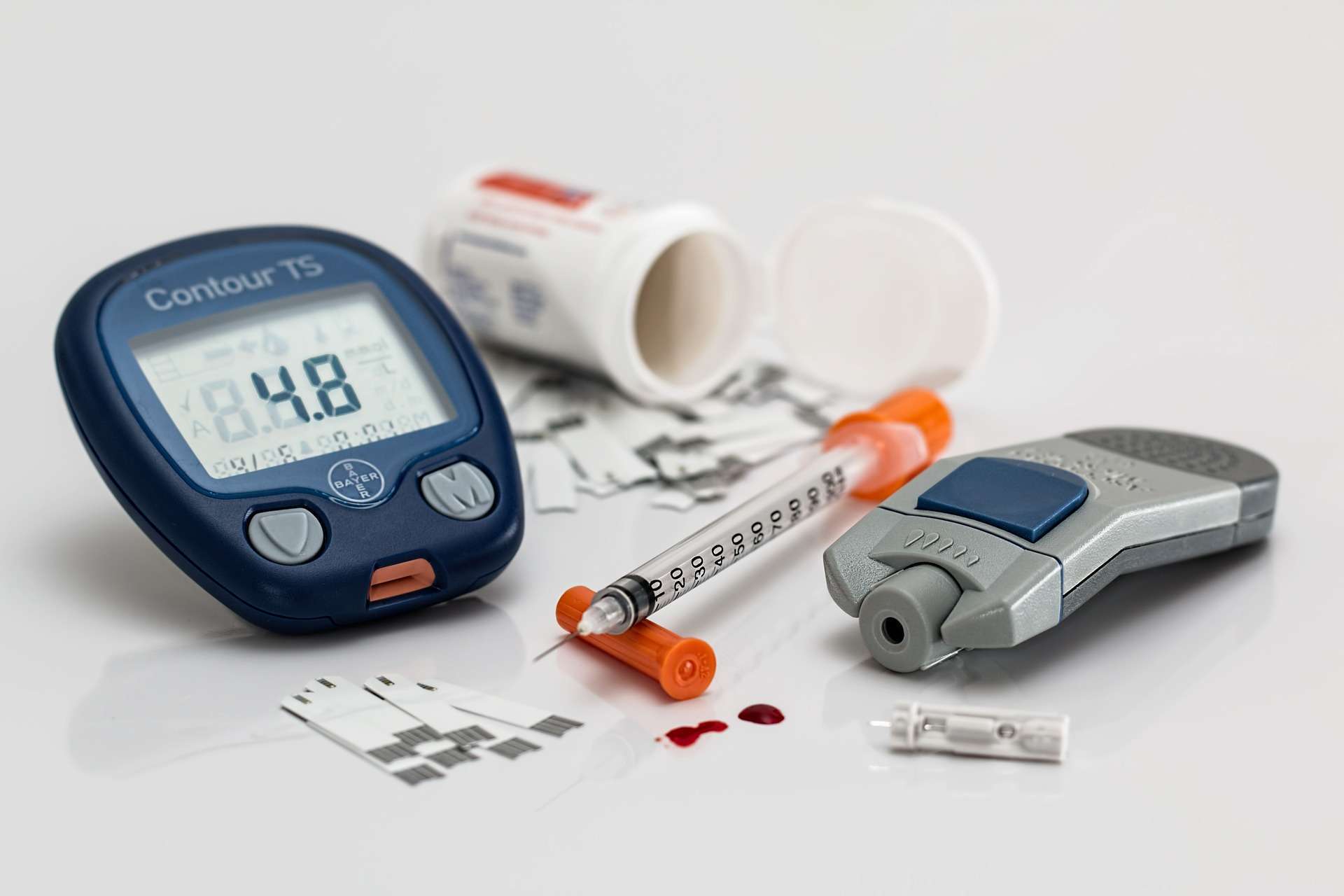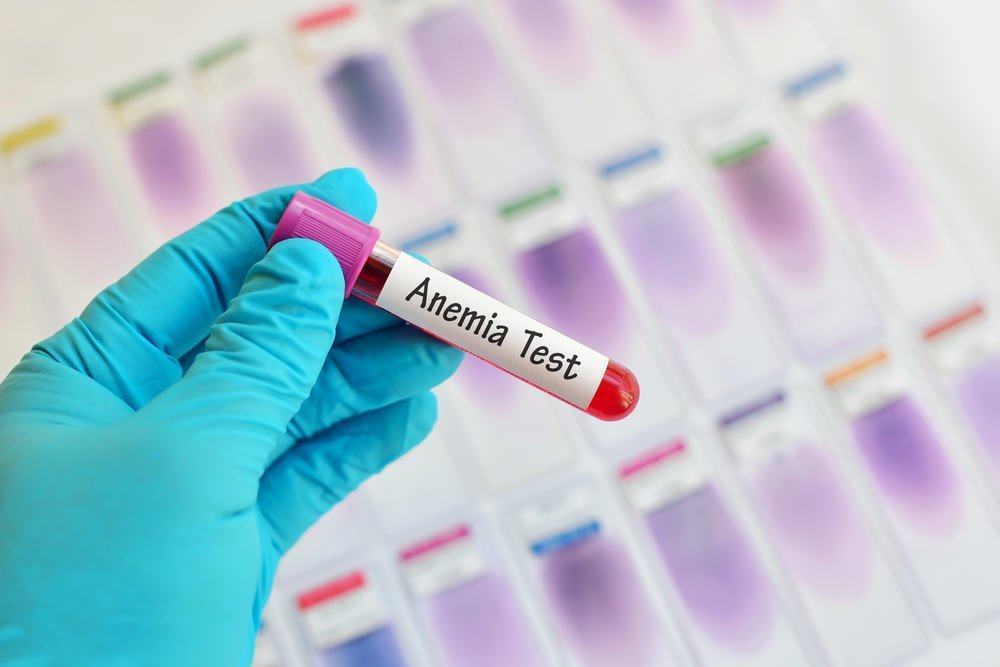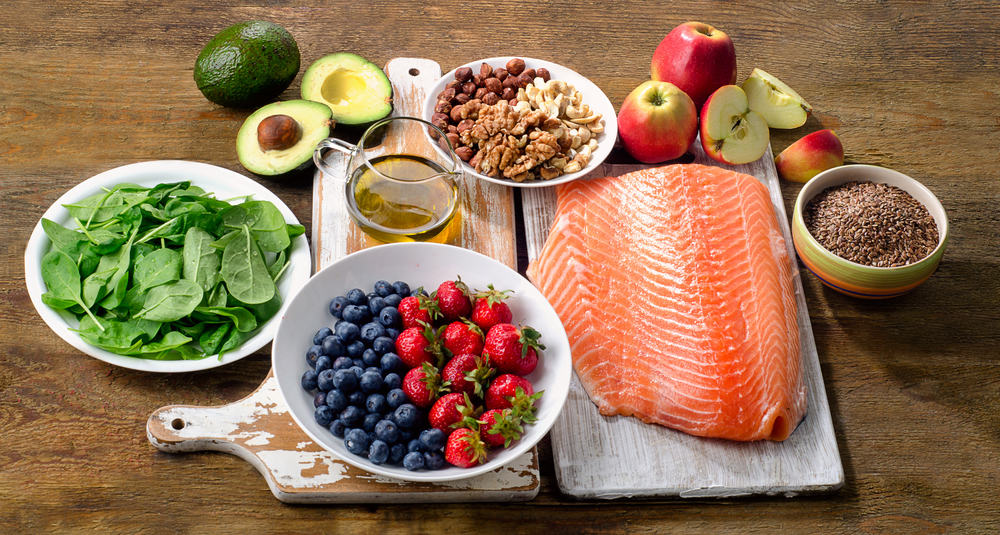Contents:
- Medical Video: Saturated Fats and Ketosis | Are Saturated Fats Safe and How Much to Have: Thomas DeLauer
- Saturated fat is a fatty acid derived from animals
- The danger of excessive saturated fat
- Then, what is the normal limit for consumption of saturated fat per day?
Medical Video: Saturated Fats and Ketosis | Are Saturated Fats Safe and How Much to Have: Thomas DeLauer
You must be reminded often not to overeat foods that contain lots of saturated fat. He said, saturated fat is the main cause of heart disease. But did you know that the body also still needs saturated fat intake? The key, you still may not consume it excessively. Indeed, what is the normal limit for saturated fat intake per day?
Saturated fat is a fatty acid derived from animals
Fat is formed from two types of molecules, namely fatty acids and glycerol. These types and levels of fatty acids determine the impact of fat on your body. Saturated fat is a type of fat that generally comes from animals, such as poultry, red meat, and dairy products that are rich in fat.
From a chemical point of view, saturated fat is a fat molecule that does not have a double chain with carbon molecules because this type of fat is saturated with hydrogen molecules. This saturated fat can increase the risk of cardiovascular disease and type 2 diabetes. This happens because of an increase in levels cholesterol "Bad" (LDL) in the blood.
Intake of fat and fatty acids is needed as a provider of energy and helps the absorption of certain types of vitamins. Saturated fatty acids are one type of fatty acid which, if consumed in excess, can actually be harmful to health.
The danger of excessive saturated fat
The function of fat in the human body is as a reserve of energy, protecting various important organs, maintaining body shape and temperature, and helping the absorption of vitamins A, D, E, K. While the function of fat in food, namely to produce calories, makes the food taste better, binds to vitamins, contains essential fatty acids, and produces certain aromas and odors.
However, if there are too many foods that contain lots of saturated fat, this will cause problems for the body. One of them can cause an increase in total cholesterol and LDL (low-density lipoprotein) cholesterol.
LDL is often called bad cholesterol, in the form of fat like wax. This saturated fat is often found on the dining table through foods containing animal fat, chicken skin, sweetened condensed milk products, and oils such as coconut oil and palm oil.One serving of fast food contains 28 grams of fat (41.2%), two fried foods contain 18.8 grams of fat (28.1%), even one portion of nasi padang contains 25-30 grams of fat (37-45%).
In fact, the recommended fat intake based on the General Guidelines for Balanced Nutrition (PUGS) in Indonesia is 25% of total energy.If consumption of saturated fats is high, while unsaturated fats tend to be low, cholesterol levels in the body will also be high. This will result in high blood serum serum.
Then atheroma plaque will form in the blood vessels which results in narrowing of the arteries to the heart. If this happens then the worst effect is the death of the heart muscle which can cause death.
Then, what is the normal limit for consumption of saturated fat per day?
Everyone is encouraged to meet balanced nutritional needs every day. There are six types of nutrients that must be obtained in food intake, namely carbohydrates, protein, fat, vitamins, minerals, and water.
The good composition of protein intake, both from animal and vegetable proteins, is recommended at 10% -20% of the calories of the body's needs, carbohydrates around 45% -65%, simple carbohydrates around 5%, and recommended fats less than 30% of calories needed body. While the cholesterol needs can only be consumed less than 300 mg / day. Fat is needed by the body, but if excessive it causes health problems.
According to the American Heart Association, recommended fat consumption is 25% -35% per day and should be limited to saturated fat intake of less than 7% of total calories. For trans fat intake must be less than 1% of total calories per day. Then the rest of the intake must be met from unsaturated fatty acids.
Saturated fats are often referred to as bad fats that are at risk of clogging the blood circulation. If bad fats block blood circulation to the heart, this can increase the risk of heart attack. If it clogs blood circulation to the brain, it will be at risk of stroke.












